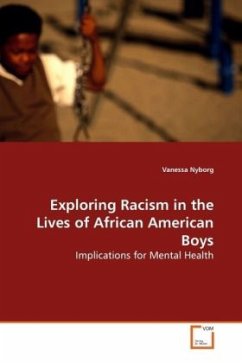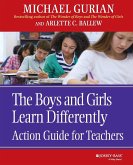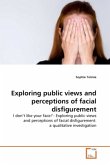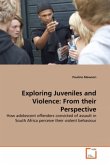The experience of racism is a complex phenomenon that
has been
found to have negative outcomes among African
American adults.
There has been a gap in the empirical literature
regarding the
effects that racism may have on children s
psychological well-being
and behavior. In an effort to address that gap, this
book examines
the relations among experiences with racism,
psychological well-
being, and behavior among African American boys.
Results
demonstrate that both personal experiences of racism and
perceptions of institutional racism related to
aggressive behavior.
Moreover, personal incidents with racism related to
self reported
internalizing behavior problems, lower self-esteem
and higher
levels of hopelessness. The results suggest that the
experience of
racism is a real occurrence for the African American
boys who
participated in this study and that racism was
associated to their
psychological well-being and behavior. The results
also illuminate
the complexity of the experience of racism. This
book should be of
interest to those in the psychological and counseling
fields or to
anyone concerned with the role of racism in the lives
of children.
has been
found to have negative outcomes among African
American adults.
There has been a gap in the empirical literature
regarding the
effects that racism may have on children s
psychological well-being
and behavior. In an effort to address that gap, this
book examines
the relations among experiences with racism,
psychological well-
being, and behavior among African American boys.
Results
demonstrate that both personal experiences of racism and
perceptions of institutional racism related to
aggressive behavior.
Moreover, personal incidents with racism related to
self reported
internalizing behavior problems, lower self-esteem
and higher
levels of hopelessness. The results suggest that the
experience of
racism is a real occurrence for the African American
boys who
participated in this study and that racism was
associated to their
psychological well-being and behavior. The results
also illuminate
the complexity of the experience of racism. This
book should be of
interest to those in the psychological and counseling
fields or to
anyone concerned with the role of racism in the lives
of children.








